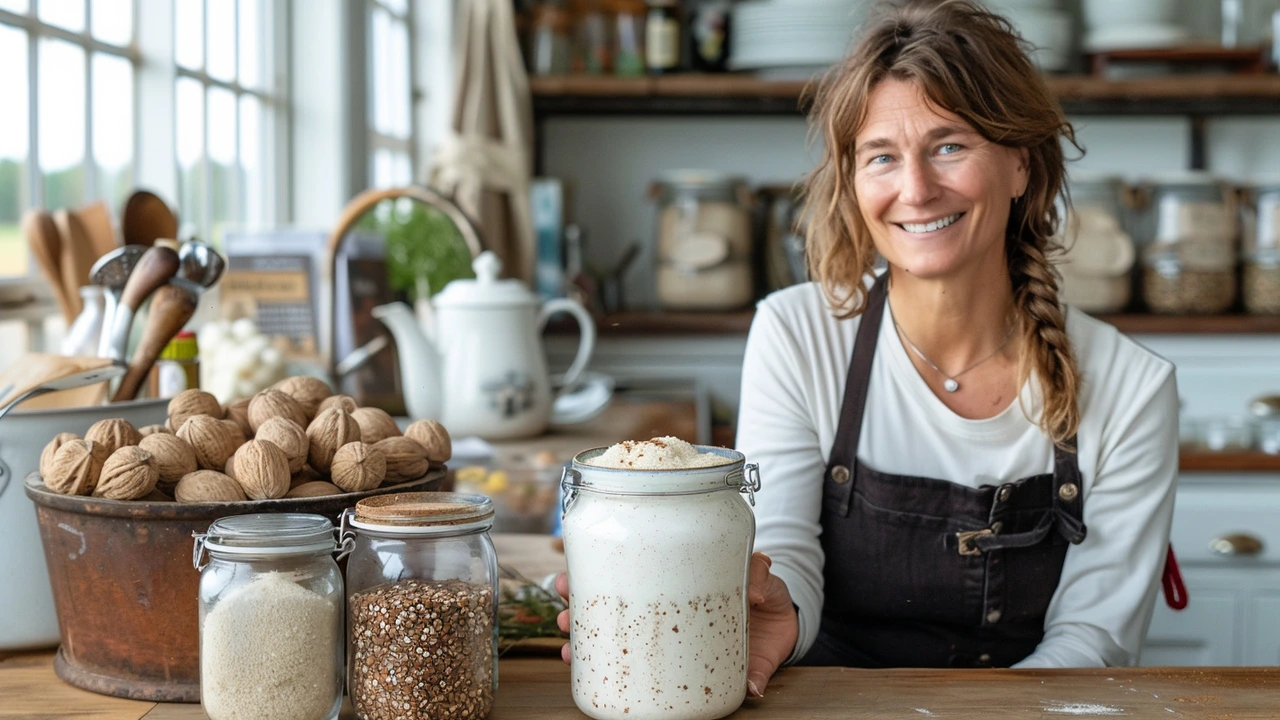Nutmeg uses: how to add flavor and stay safe
A pinch of nutmeg can lift a boring soup or hot drink. People use nutmeg in cooking, home remedies, and even for scent. That said, nutmeg works best in small amounts. Use it right and you get warm, nutty flavor; use too much and you may feel sick. Here’s a practical guide on when and how to use nutmeg safely.
Top ways to use nutmeg
Culinary: Nutmeg pairs well with creamy, spiced, and sweet dishes. Add a pinch to mashed potatoes, béchamel, pumpkin pie, or egg-based dishes like quiche and custard. Freshly grated whole nutmeg has a sharper, fresher aroma than pre-ground—grate it just before serving when you want the best smell.
Beverages and baking: Stir a small pinch into coffee, hot chocolate, chai, or holiday eggnog. In baking, nutmeg works with cinnamon and cloves. Start with 1/8–1/4 teaspoon for a small recipe and adjust after tasting.
Aromatherapy and household: Nutmeg oil appears in some massage blends and room sprays. If you use oil, always dilute it with a carrier oil and do a skin patch test first. Keep oils away from children and pets.
Traditional uses: Some people use nutmeg in small amounts for mild digestive discomfort or to freshen breath. These are folk uses—not medical prescriptions. If you have ongoing symptoms, see a healthcare provider rather than relying on nutmeg alone.
Safety, dosage and storage
Dosage: Culinary amounts—think a pinch up to about 1/4–1/2 teaspoon—are safe for most adults. Avoid large doses. Consuming one teaspoon or more at once can cause nausea, dizziness, rapid heart rate, or stronger effects in some people. Very large amounts have caused hallucinations and serious illness. Don’t experiment with high doses to chase a “buzz.”
Who should avoid nutmeg: Pregnant and breastfeeding people should avoid larger doses and stick to small culinary amounts. If you take medications, especially blood thinners or medicines processed by the liver, check with your doctor—nutmeg compounds can interact with some drugs in rare cases.
Children and pets: Use extreme caution. Children should only get tiny culinary amounts. Keep powdered nutmeg and essential oils out of reach of pets—animals can react differently and more severely.
Storage and buying tips: Whole nutmeg keeps flavor longest. Store whole nuts in an airtight container in a cool, dark place and grate as needed. Ground nutmeg loses aroma faster—replace it every 6–12 months. Buy from a store with good turnover for fresher spice.
Quick checklist: use small amounts, prefer whole nutmeg when possible, dilute oil and patch-test before skin use, never consume large doses, and ask your doctor if you’re pregnant or on meds. Follow these pointers and nutmeg will be a safe, tasty addition to your kitchen and home remedies.

Nutmeg: The Dietary Supplement Revolutionizing Health and Wellness
- 15 Comments
- May, 11 2024
Discover how nutmeg, a common spice, is taking the health and wellness world by storm. Learn about its powerful benefits, various uses, and how it can improve your wellbeing. This article uncovers the science behind nutmeg and offers practical tips to incorporate it into your daily routine.




